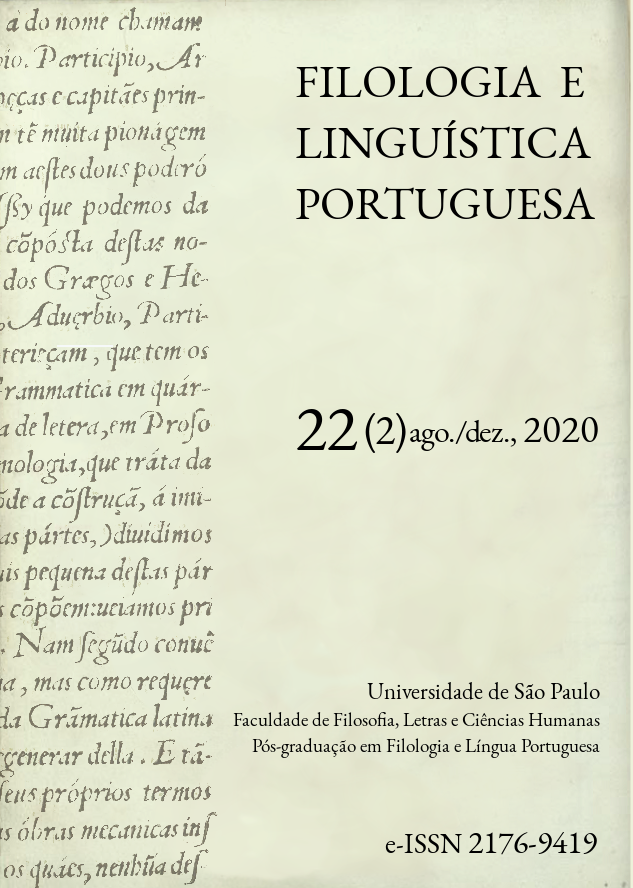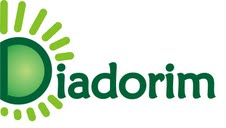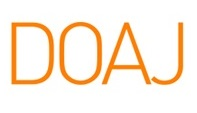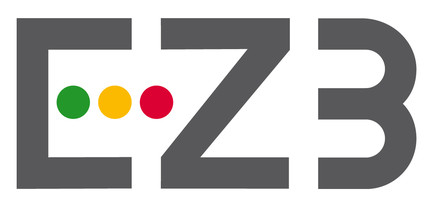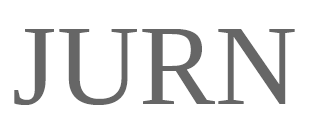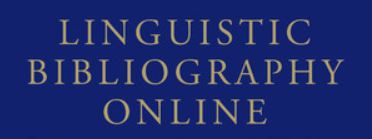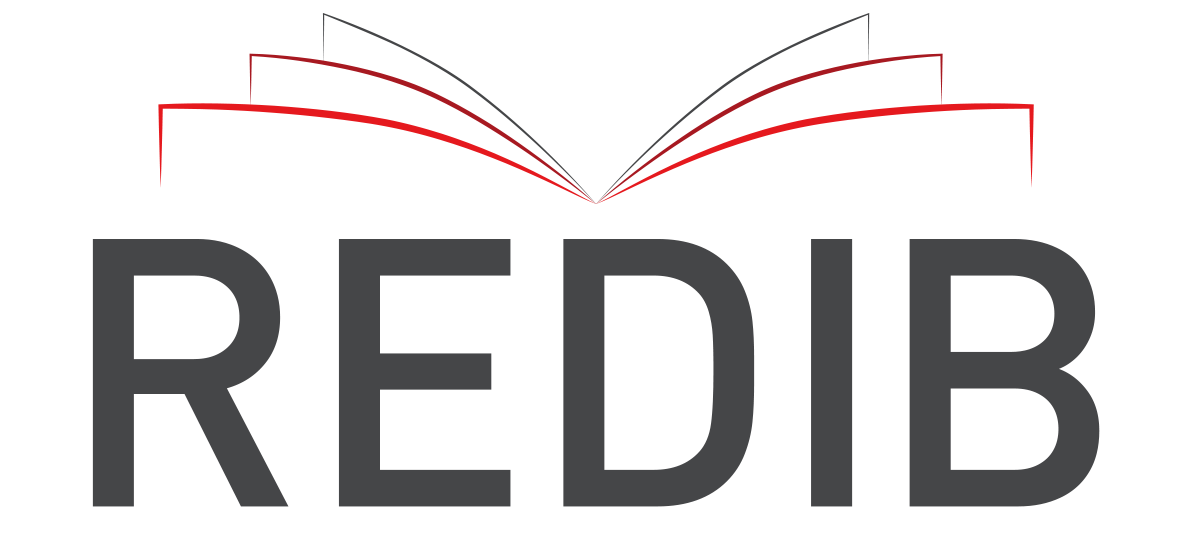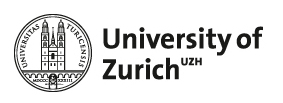Digital (hyper)reading and educational book: a philological look at literary reading in Basic Education
DOI:
https://doi.org/10.11606/issn.2176-9419.v22i2p213-232Keywords:
Philology, Portuguese language, Textbook, HypermediaAbstract
This paper aims to present characteristics of literary texts cited by the textbook, from printed and digital media, and their philological implications in the context of (hyper) reading in Portuguese language classes in Basic Education. For this, literary texts present in book of Cereja, Vianna and Codenhoto (2016), Contemporary Portuguese: Dialogue, reflection and use, from the 1st year of High School were analyzed, relating characteristics of these texts in different supports (paper and screen) and philological reading. The theoretical foundation was based onstudies by Chartier (1999; 2001), Lévy (1999), Dionísio (2006), Coscarelli (2009), and Rojo (2012) to analyze the characteristics of texts present in cyberspace, and Santaella (2004) who discuss issues regarding the profile of the (hyper)reader. Regarding the potential of philological reading for reading training at the Basic School, the texts of Petrucci (1992), Chartier (2002), Said (2007) and Borges and Souza (2012), were used as a basis. As a result, it was observed that, when developing reading practices in the Basic School, it is necessary to explore the potential offered by web, from a humanistic and philological perspective, with a focus on the formation of critical readers and in a digital technological society.
Downloads
References
Barreiros PN. O pasquineiro da roça: edição dos panfletos de Eulálio Motta [tese]. Salvador: Universidade Federal da Bahia; 2013. [citado 20 fev. 2020]. Disponível em: https://filologiauefs.files.wordpress.com/2018/01/o-pasquineiro-da-roc3a7a-tese-patrc3adcio-barreiros.pdf.
Borges R, Souza AS. Filologia e edição de texto. In: Borges R, et al. Edição de textos e crítica filológica. Salvador: Quarteto; 2012.
Brasil. Ministério da Educação. Programa Nacional do Livro Didático (PNLD): língua portuguesa - guia de livros didáticos. Brasília: Ministério da Educação; 2018. [citado 20 mar. 2020]. Disponível em: http://www.fnde.gov.br/pnld-2018/.
Brasília. Edital de convocação nº 04/2015. Edital de convocação para o processo de inscrição e avaliação de obras didáticas para o Programa Nacional do Livro Didático (PNLD) 2018. Brasília: Ministério da Educação; 2015. [citado 20 fev. 2020]. Disponível em: https://www.fnde.gov.br/index.php/programas/programas-do-livro/consultas/editais-programas-livro/item/7932-pnld-2018.
Cambraia CN. Introdução à crítica textual. São Paulo: Martins Fontes; 2005.
Cereja WR, Vianna CA, Codenhoto CD. Português contemporâneo: diálogo, reflexão e uso. 1.ª ed. São Paulo: Saraiva; 2016.
Chartier R. A aventura do livro - do leitor ao navegador. São Paulo: Editora da UNESP; 1999.
Chartier R. Cultura escrita, literatura e história: conversas de Roger Chartier com Carlos Aguirre Anaya, Jesús Anaya Rosique, Daniel Goldin e Antonio Saborit. Porto Alegre: ARTMED; 2001.
Chartier R. Os desafios da escrita. São Paulo: UNESP; 2002.
Coscarelli CV. Textos e hipertextos: procurando o equilíbrio. Linguagem em (Dis)curso. 2009;9(3):549-564. [citado 20 dez. 2017]. Disponível em: http://www.scielo.br/pdf/ld/v9n3/06.pdf.
Dionísio AP. Multimodalidade discursiva na atividade oral e escrita (atividades). In: Marcuschi LA, Dionisio AP, organizadores. Fala e Escrita. Belo Horizonte: Autêntica; 2006.
Duarte LF. Glossário de Crítica Textual [dissertação]. Lisboa: Faculdade de Ciências Sociais e Humanas, Universidade Nova de Lisboa; 1997.
Gumbrecht HU. Los poderes de la Filología: dinámicas de una práctica académica del texto. México: Universidad Iberoamericana; 2007.
Kress G, Van Leeuwen T. Front pages: (the critical) analysis of newspaper layout. In: Bell A, Garret P, editors. Approaches to media discourse. Oxford: Blackwell Publishing; 1998. p. 186-219.
Lévy P. Cibercultura. São Paulo: Editora 34; 1999.
Mcgann J. The rationale of hypertext. In: Sutherland K. Electronic text, investigations in method and theory. Oxford: Clarendon Press; 1997. p. 19-46.
McKenzie DF. Bibliografia e a sociologia dos textos. São Paulo: Editora da Universidade de São Paulo; 2018.
Mendes MG. A fidedignidade dos textos nos livros didáticos de comunicação e expressão no Brasil. I Encontro de Crítica Textual: o manuscrito moderno e as edições; 16-20 setembro 1985; São Paulo, SP. In: Anais do I Encontro de Crítica Textual: o manuscrito moderno e as edições. São Paulo: FFLCH-USP; 1986. p. 163-174.
Nogueira Jr A. Releituras [internet]. [citado 20 ago. 2020]. Disponível em: http://www.releituras.com/.
Petrucci A. Breve storia della scrittura latina. Roma: Bagatto Libri; 1992.
Rojo RHR. Pedagogia dos multiletramentos: diversidade cultural e de linguagem na escola. In: Rojo RHR, Moura E, organizadoras. Multiletramentos na escola. São Paulo: Parábola Editorial; 2012. p. 11-32.
Said E. Humanismo e crítica democrática. Trad. Rosaura Eichenberg. São Paulo: Cia das Letras; 2007.
Santaella L. Navegar no ciberespaço: o perfil cognitivo do leitor imersivo. São Paulo: Paulus; 2004.
Santiago-Almeida MM, Morandini GG, Silva LBA. A crítica textual pula o muro da escola. Linha D'Água (Online). 2018;31(2):159-176. [citado 15 abr. 2019]. Disponível em: https://www.revistas.usp.br/linhadagua/article/view/146148.
Telles CM. Que textos são oferecidos aos estudantes?. Revista do GELNE. 2016;5(1/2):21-28. [citado 13 fev. 2021]. Disponível em: https://www.periodicos.ufrn.br/gelne/article/view/9431.
Downloads
Published
Issue
Section
License
Copyright (c) 2021 Elizabeth Mota Nazareth de Almeida, Patrício Nunes Barreiros

This work is licensed under a Creative Commons Attribution-NonCommercial 4.0 International License.
Copyright is transferred to the journal for the online publication, with free access, and for the printing in paper documents. Copyright may be preserved for authors who wish to republish their work in collections.


